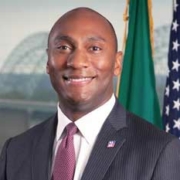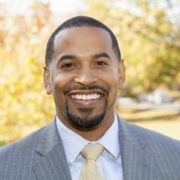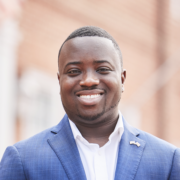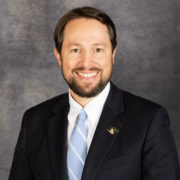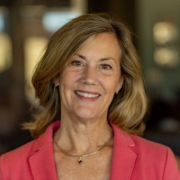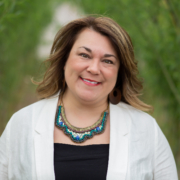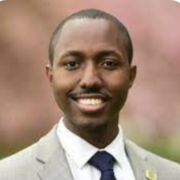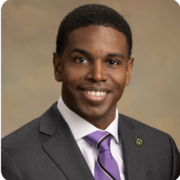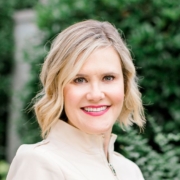Work To Break the Cycle
2023 Ideas Challenge Entry
Shelby County, TN Mayor Lee Harris’s “Work to Break the Cycle” is a job website featuring updated Shelby County Government positions for individuals with arrest or conviction records. It complements the 2020 Ban the Box Ordinance, which removed questions about criminal history from job applications. This initiative has facilitated numerous opportunities for previously incarcerated individuals to join the county government workforce, with over 100 employment offers extended. By offering tailored jobs, Harris aims to reduce recidivism rates, as employment cuts reoffending chances by 20%. This dedicated job site enhances application confidence, promotes local economic engagement, and reduces incarceration expenses, aligning with the goal of reintegrating justice-impacted individuals into the community.
Impact:
Harris believes each hire is a marker of success. Since launching in May 2023, the program has resulted in employment offers to over 100 individuals so far, with plans to partner with the local Chamber of Commerce to provide more job opportunities. These jobs not only change their situation, but it has a ripple impact for their families and the Shelby County Community as a whole.

